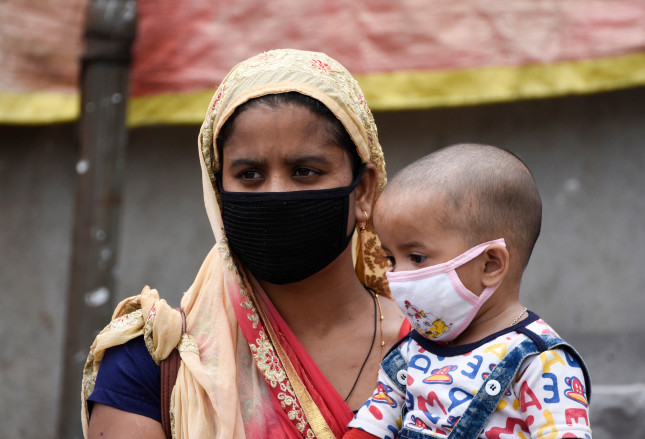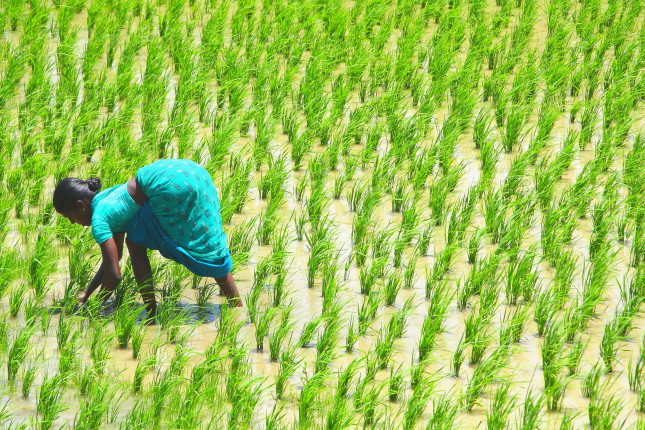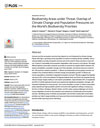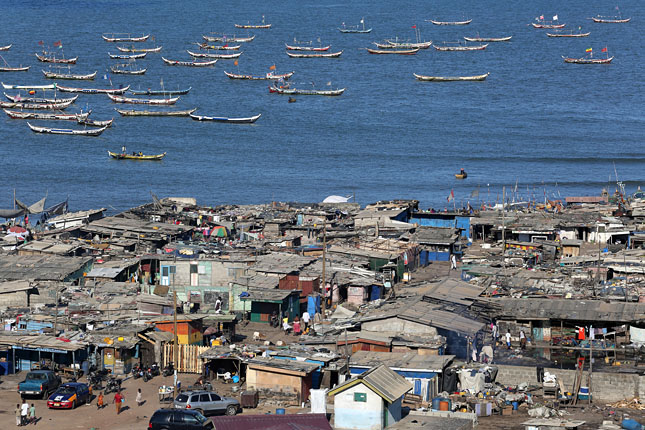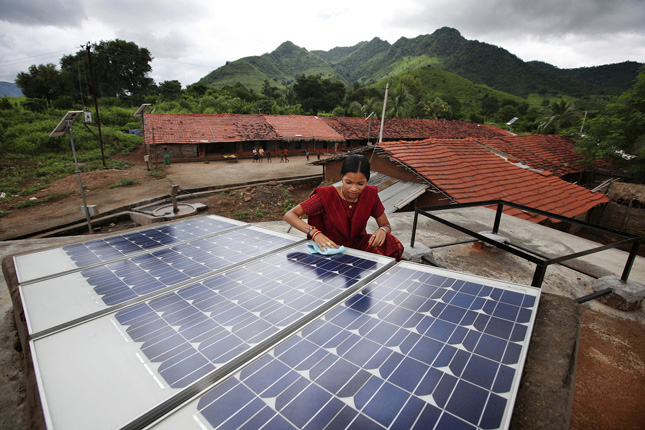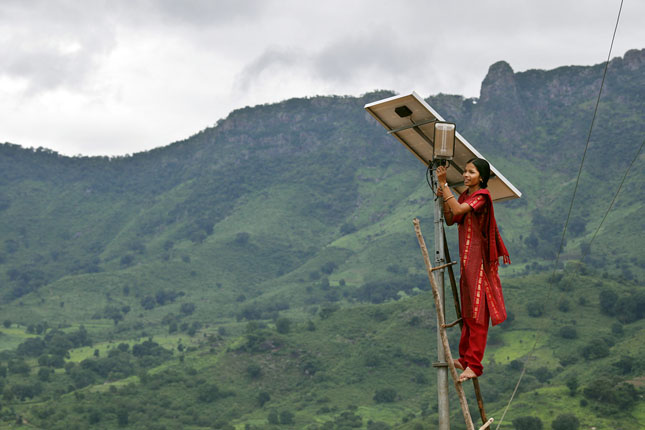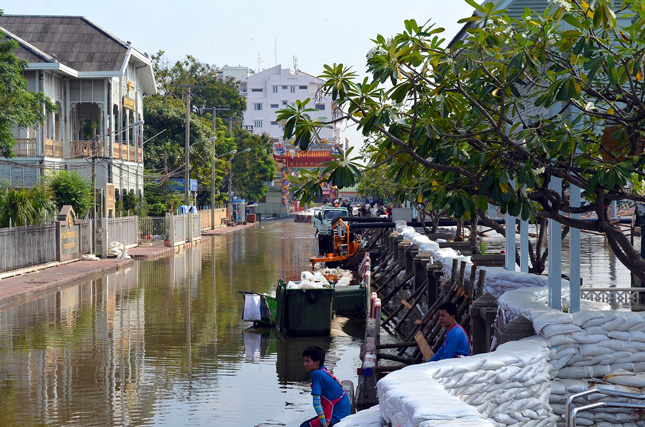-
Accessing Health Services: Experiences of Women in Jaffna, Sri Lanka
›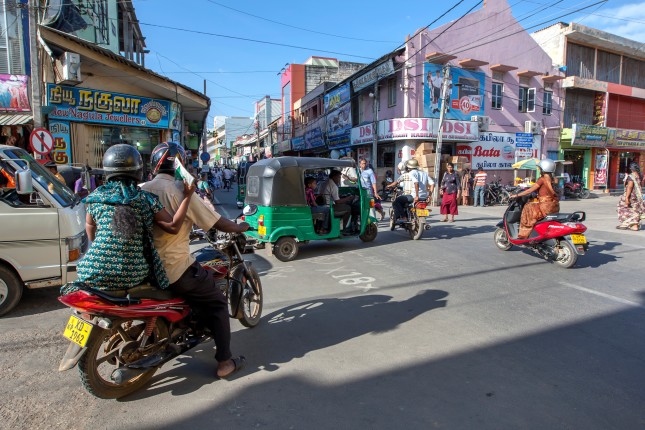
“Most of the people living here are helpless,” said a woman in Jaffna, a district of northern Sri Lanka, nearly ten years after the country’s civil war ended. It was 2017, and I was conducting research with women in two villages in Jaffna. This woman’s sentiment reflected the challenges many in her community are still facing, including the ability to access health services. Through this research, my colleagues and I found that women’s access to healthcare was influenced by both their gender—particularly gender norms and gender roles—and household income. Better understanding of how gender and gender dynamics impact healthcare access will be essential to improving their lives.
-
COVID-19 Causes Dire Disruptions in Maternal, Child, and Reproductive Health Services
›
“The pandemic has undoubtedly resulted in more deaths and more illness – particularly for the most vulnerable women and children,” write the authors of a new United Nations International Children’s Emergency Fund (UNICEF) report examining the direct and indirect effects of the COVID-19 pandemic in South Asia. The report found that the disruptions in several essential health services due to the COVID-19 pandemic had a “substantial impact” on maternal and child mortality in the region.
-
Gender Equality and Food Security in Rural South Asia: A Holistic Approach to the SDGs
›January 4, 2021 // By Cindy Zhou
Globally, nearly 690 million people were hungry in 2019. Though the number of people who experience hunger in Asia has declined since 2015, the continent still accounts for more than half of the world’s hungry, or undernourished, at approximately 381 million people. Working toward Sustainable Development Goal 2 (SDG 2), “Zero Hunger,” will require major changes to the world’s food production systems.
-
Climate and Human Change in Biodiversity Hotspots, and Assessing the Tradeoffs of Bolivia’s Quinoa Craze
› In a recent article published in PLOS ONE, Juliann E. Aukema, Narcisa G. Pricope, Gregory J. Husak, and David Lopez-Carr address the impacts of climate change and population growth on areas with vulnerable ecosystem services and biodiversity, and in reverse, how degraded ecosystem services effect vulnerable populations. The authors analyze locations between 50 degrees latitude north and south that had changing precipitation patterns in the past 30 years.
In a recent article published in PLOS ONE, Juliann E. Aukema, Narcisa G. Pricope, Gregory J. Husak, and David Lopez-Carr address the impacts of climate change and population growth on areas with vulnerable ecosystem services and biodiversity, and in reverse, how degraded ecosystem services effect vulnerable populations. The authors analyze locations between 50 degrees latitude north and south that had changing precipitation patterns in the past 30 years. -
Perception Matters: New Insights Into What Determines Resilience
›
Resilience is increasingly recognized as a powerful concept to help practitioners, academics, and policymakers better understand how people respond to shocks and stressors, and how those responses can be linked to longer-term positive or negative development outcomes, such as wellbeing or food (in)security.
-
Falling Costs, Rising Opportunities: Scaling Up Renewable Energy in the Developing World [Part Two]
›
“Clean energy has gone from being the ‘right thing to do’ in combating climate change, to being the most cost-effective option for many energy-insecure countries,” said Carrie Thompson, deputy director of the U.S. Agency for International Development’s Regional Development Mission for Asia, during a day-long conference on renewable energy at the Wilson Center on October 27 (read part one of our coverage here).
-
The Renewable Energy Era Has Already Started
›
The world has entered a new energy era. Last year, for the first time in four decades, the global economy grew without an increase in CO2 emissions, according to the Renewable Energy Policy Network for the 21st Century.
-
Lukas Rüttinger, Adelphi
Thailand and Sri Lanka Show How Disasters Can be Catalysts of Fragility or Opportunities for Peace
›June 26, 2015 // By Wilson Center Staff
In 2011 Thailand was hit by unprecedented monsoon rains far above the average rainfall of the previous 30 years. Two million people across 26 provinces were affected. During the crisis, hundreds of civilians took it to the streets to protest discrimination by the Flood Response Operation Center and the unfair distribution of water, electricity supply, shelter, and food. Civilians were so angry that they broke a sandbag wall in Bangkok which was protecting a wealthy district from water surges. Public unrest and discontent with the government continued until a military coup in 2013.
Showing posts from category Sri Lanka.


